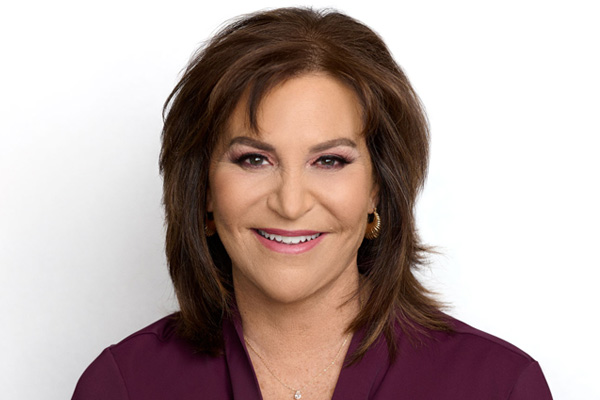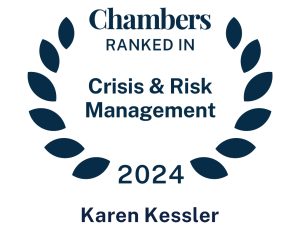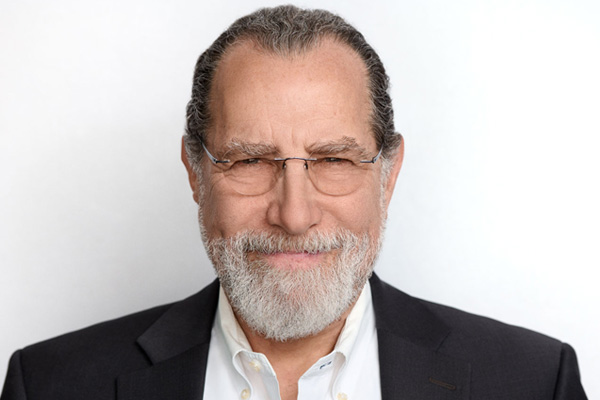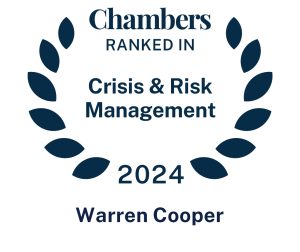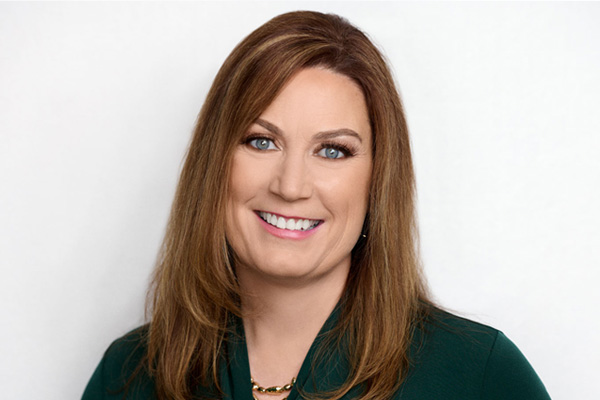Crises of all types tend to generate media attention. Because media outlets vie for “exclusives” and public recognition of special access to inside information, it’s common for reporters and broadcast journalists to seek interviews with individuals otherwise occupied with addressing the crisis. The greater the perceived impact of the crisis on the community, the more influential the entity or prominence of the individuals involved, and the more solid the conviction of outsiders that someone somewhere did something wrong, the stronger and more vocal those requests will grow – as will internal pressure to accede to those requests. For those reasons, knowing how to handle media interviews during a crisis is an important tool in your response kit.
How to Handle Media Interviews During a Crisis to Achieve Your Goals
When Kessler PR Group is hired to provide strategic communications counsel, litigation support or reputation management to a client in crisis, we generally advise avoiding live interviews – particularly early on when information is sketchy and slow in coming and the tumble of “facts” often contradict one another. However, there are instances when an interview with a reporter can advance your agenda and help to establish your narrative.
For example, in complex, multifaceted situations, an interview that is a mixture of on- and off-the-record can help ensure that the reporter understands the background and context to accurately represent your position. Let’s discuss how that interview will serve you most effectively.
5 Steps to Prepare for the Interview
To achieve your goals, particularly under stressful, crisis situations, a media interview requires planning, preparation, and practice. Here are 5 steps to follow.
1. Choose the Right Spokesperson
Choose someone articulate, knowledgeable, and calm under pressure. While that could describe your president, CEO or board chair, those individuals are rarely the right people to be interviewed. What’s known early on is subject to change as more information becomes available and the situation evolves. If the initial spokesperson misspeaks or facts change, their credibility is damaged. If that person is also the boss, there’s no one “above” them who is more credible to set the record straight without risking further damage to the reputation of your company or CEO. Save the boss for backup if needed.
2. Set Ground Rules Before an Interview
Clearly communicate topics to be discussed and whether it’s on- or off-the-record. Most reputable journalists will agree to an off-the-record or “on background” talk but may ask later for permission to use a specific quote or paraphrase and a particular answer. If you haven’t set ground rules at the outset and suddenly realize you’ve misspoken or improperly shared confidential information, don’t expect “That was off-the-record, okay?” to be accepted.
3. Be Prepared
The media is neither your friend nor your enemy (generally speaking). However, they will ask tough questions, and will likely ask them aggressively, perhaps even disrespectfully and provocatively. Don’t take it personally. Stay focused on the message you’ve decided is most important. Be prepared to answer honestly and directly but if things get uncomfortable, consider the “politician” approach – answer every awkward question with a version of the answer you want to deliver.
4. Don’t Be Afraid to Say “No”
We always remind clients that a media interview is not a deposition. You do not have to answer every question, particularly if you don’t know the answer. It’s perfectly okay to say, “I’ll have to get back to you on that,” or “I can’t answer that at this time,” or “I don’t know.”
5. If You Feel Overwhelmed, Take a Break or Simply End the Interview
One strategy is to set a time limit before the interview starts, say 10 minutes. (You’re dealing with a crisis, remember?) If things are going well, keep going. But if the interview gets too challenging, remind the reporter time’s up. You can always reconnect later.
Conclusion
The best way to prepare is to practice for the most aggressive, intrusive, disrespectful interview you can imagine. If someone on your staff has been an investigative reporter, have that person play the interviewer’s role. Regardless of their journalistic experience, have a colleague ask hard, extremely pointed, and explicitly blameful questions in an overtly offensive way.
Being over-prepared is much better than being underprepared. We know. We’ve watched clients who insisted on “winging it” crash and burn. It isn’t pretty.
If you need help preparing for an interview during a crisis situation or handling the fallout, remember to call Kessler PR Group before it’s too late to take control of the narrative

